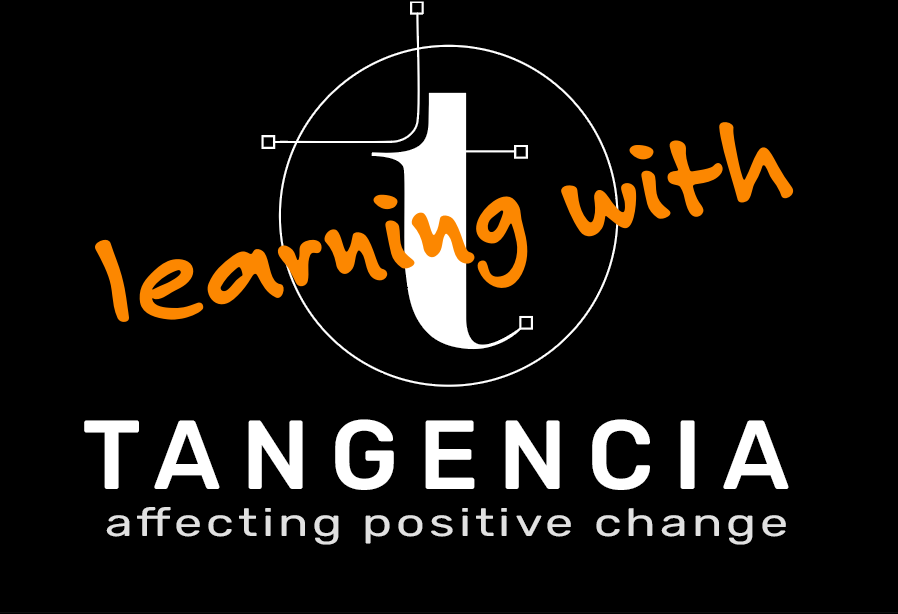Organisational Behaviour & Human Resource Management
Overview
Day 5, the final day of the Five-Day MBA Programme, focuses on leadership, organisational behaviour, and strategic management. These elements are essential for guiding teams, driving innovation, and steering organisations towards long-term success. In an ever-evolving business landscape, effective leadership, a strong organisational culture, and a clear strategy are crucial for adapting to change and achieving sustainable growth.
Participants will explore the qualities of successful leaders, the impact of organisational culture on performance, and how to create and implement strategic plans. The day includes practical exercises, self-assessments, and case studies to help participants apply leadership theories and strategic frameworks to real-world challenges.
Learning Outcomes
Understand different leadership styles and their impact on team performance.
Learn how to build high-performance teams and foster a positive organisational culture.
Develop strategies for leading change and managing resistance during periods of uncertainty.
Gain a deep understanding of strategic management principles and frameworks.
Learn how to formulate and implement effective business strategies.
Understand the role of innovation and strategic agility in responding to market disruptions.
1. Introduction to Leadership Theories and Styles
Objective
To introduce participants to the key leadership theories and explore different leadership styles, highlighting the importance of adaptability in today’s complex business environment.
Key Concepts
Leadership vs management: Understanding the distinction
Leadership theories: Trait theory, behavioural theory, contingency theory, transformational and transactional leadership
Leadership styles: Autocratic, democratic, laissez-faire, and situational leadership
Emotional intelligence and its role in leadership
Self-Assessment
Participants will complete a leadership style self-assessment to identify their natural leadership tendencies. They will reflect on their strengths and areas for development.
Outcome
Participants will gain an understanding of different leadership styles and the importance of adaptability in leading teams and organisations.
2. Leading Teams and Building High-Performance Cultures
Objective
To provide participants with tools and techniques for leading teams effectively and fostering a high-performance culture within their organisations.
Key Concepts
Characteristics of high-performance teams: Trust, collaboration, communication, and shared goals
The role of the leader in team development: Tuckman’s stages (forming, storming, norming, performing)
Motivation and engagement: How leaders inspire and empower their teams
The role of organisational culture in shaping behaviour and performance
Workshop
Participants will work in groups to develop a plan for building a high-performance team within a fictional or real organisation. They will identify key actions for improving communication, collaboration, and team cohesion.
Outcome
Participants will learn how to lead diverse teams effectively, motivate individuals, and create an organisational culture that fosters high performance.
3. Change Management and Leadership in Times of Uncertainty
Objective
To help participants understand the challenges of leading through change and uncertainty, and to develop strategies for managing resistance and driving successful change initiatives.
Key Concepts
The change management process: Kotter’s 8-Step Change Model
Understanding resistance to change: Why people resist change and how to address it
Leading change: The role of communication, vision, and stakeholder engagement
Change leadership in times of crisis and uncertainty: Navigating disruption and managing risk
Case Study
Participants will examine a real-world example of an organisation that successfully navigated a period of significant change. They will discuss the leadership strategies used to overcome resistance and ensure the change was implemented smoothly.
Outcome
Participants will develop the skills to lead change initiatives, manage resistance, and guide their organisations through periods of uncertainty and disruption.
4. Strategic Management Fundamentals
Objective
To introduce participants to the principles of strategic management and provide a framework for developing and implementing effective business strategies.
Key Concepts
The strategic management process: Vision, mission, goals, and strategic analysis
Internal and external analysis: SWOT analysis, PESTLE analysis, Porter’s Five Forces
Competitive advantage: How organisations can differentiate themselves
Strategic choices: Cost leadership, differentiation, and focus strategies
Workshop
Participants will conduct a strategic analysis of a company using SWOT and Porter’s Five Forces frameworks. They will develop strategic recommendations for improving the company’s competitive position in the market.
Outcome
Participants will learn how to analyse business environments, identify opportunities and threats, and develop strategies that enhance competitive advantage.
Additional Online Content
5. Strategy Formulation and Implementation
Objective
To help participants understand how to formulate strategies and ensure their successful implementation within their organisations.
Key Concepts
Strategy formulation: Developing long-term plans based on analysis and insights
Strategy implementation: Aligning resources, capabilities, and organisational structure
Monitoring and evaluating strategy performance: Key performance indicators (KPIs) and balanced scorecard
The role of leadership in strategy execution: Ensuring alignment and accountability
Case Study
Participants will explore a case where a company successfully formulated and implemented a growth strategy, focusing on the challenges encountered and the leadership actions that drove success.
Outcome
Participants will gain practical knowledge of how to formulate and implement strategies that align with organisational goals and drive long-term success.
6. Innovation and Strategic Agility
Objective
To provide participants with insights into how organisations can foster innovation and maintain strategic agility in response to market changes.
Key Concepts
The importance of innovation for long-term success: Incremental vs disruptive innovation
Building an innovation culture: Encouraging creativity and risk-taking
Strategic agility: The ability to pivot and adapt to changing market conditions
The role of technology and digital transformation in driving innovation
Workshop
Participants will work in groups to develop an innovation strategy for a company facing market disruption. They will propose new products, services, or business models that allow the company to adapt and thrive.
Outcome
Participants will understand how to foster innovation and maintain strategic agility, enabling their organisations to stay ahead in rapidly changing markets.
Conclusion
The final day will conclude with a programme reflection session, where participants will have the opportunity to share their key takeaways from the entire course. The session will also include a discussion of the next steps in their professional development and how they plan to apply their new skills and knowledge to their organisations.
Certificates of completion will be awarded to participants, and there will be a closing address from the programme director, reinforcing the key themes of leadership, strategic thinking, and business success.
